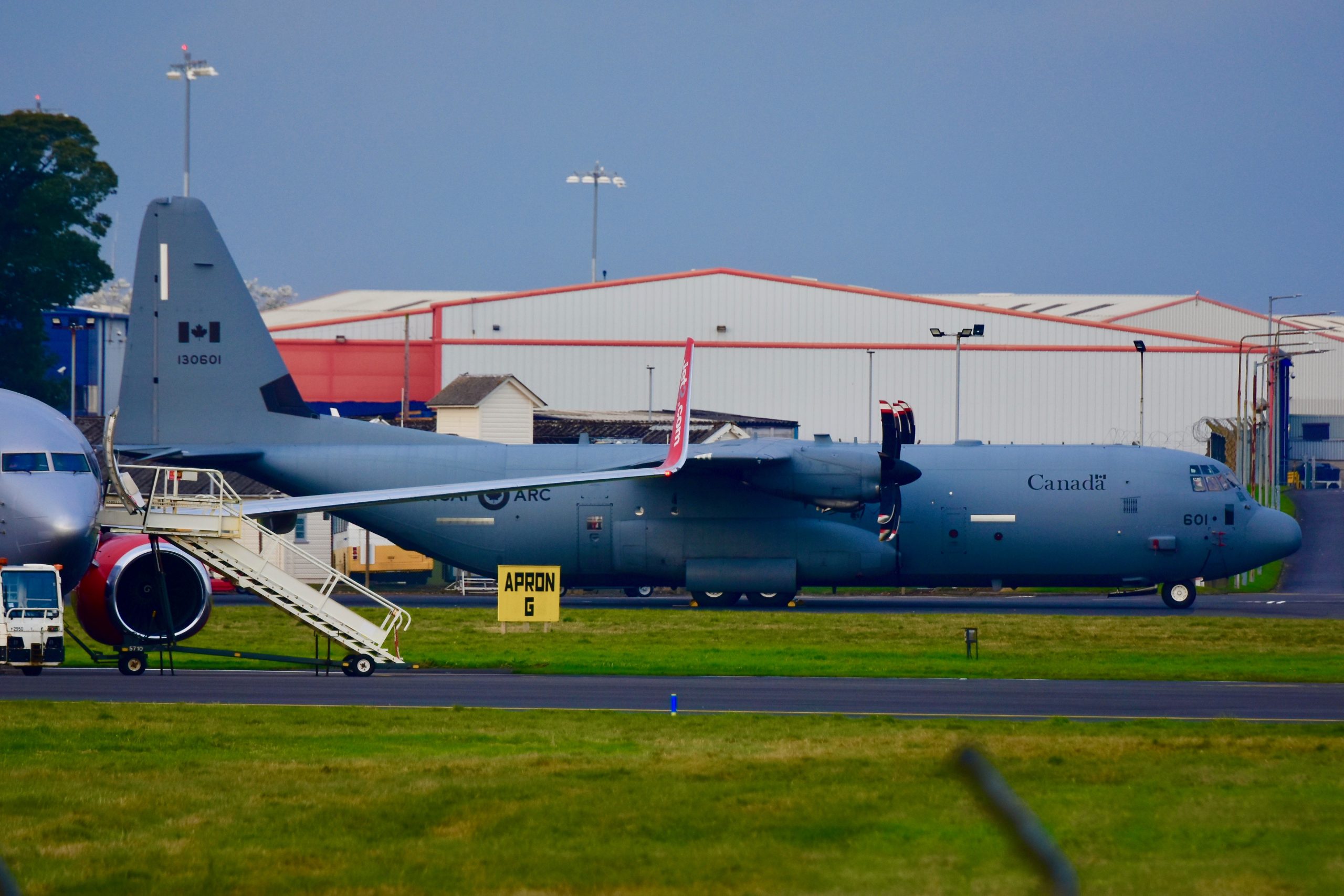Australian Civil Aircraft Register
Choice of formats.
I created the original comma separated values file from the Australian Civil Aircraft Register. It has been downloaded over 100 times, as I’ve refreshed it four times – I’m guessing that about 20 or so individuals have downloaded it.
Now to make things even easier I’ve decided to make all the registers available in portable document format, that’s PDF. This is a more common format, which in many cases can be opened and eddited or annotated in a web browser – I find MS Edge to be very good.
I am keeping the download on this post at the moment, why? Well I would like some feed back from the people who down load it, the Australian Civil Aircraft Register is a test. If it is successful, I’ll make the others available – but they are very large files so I’d like feed back on formatting and the like. I estimate that the file will be around 450 pages for Australia, the other registers will obviously be much larger.
Available for Download
So that’s the file ready for download, it is a little larger than I expected at 469 pages. The contents of the file are from the historic download off the official site, this download is dated 31st December 2023 – I know that this one will remain unchanged now.
Feel free to download the file and copy to anyone you like providing it is for their personal use. As I said above, any feedback would be welcome and will help me make the downloads better if not smaller.
Photograph above is attributed to YSSYguy, it was downloaded from Wikipedia.
Support this site.
It does take some time and effort to create these downloads, also there are a number of costs associated with running the site. So if you can consider supporting this site with a donation it would be helpful, if you find the site useful then why not treat me to a doughnut – or even a doughnut and a coffee if you’re feeling really flush.
Or if you are thinking of ordering something from Amazon then you could click the link to get there, it doesn’t actually cost you anything. And it will help me to pay for the site hosting, which is getting more expensive like everything else.
But regardless of whether you donate or not, I hope that the contents of the files are of some use, also bear in mind that the files are as dated in the bar graph on the down load page – I will try and produce a new data set every month or more frequently if time allows.
Please note these files are provided for personal use, if you want to use them for any other purpose or if you want to make them available through your own site – get in touch first.
